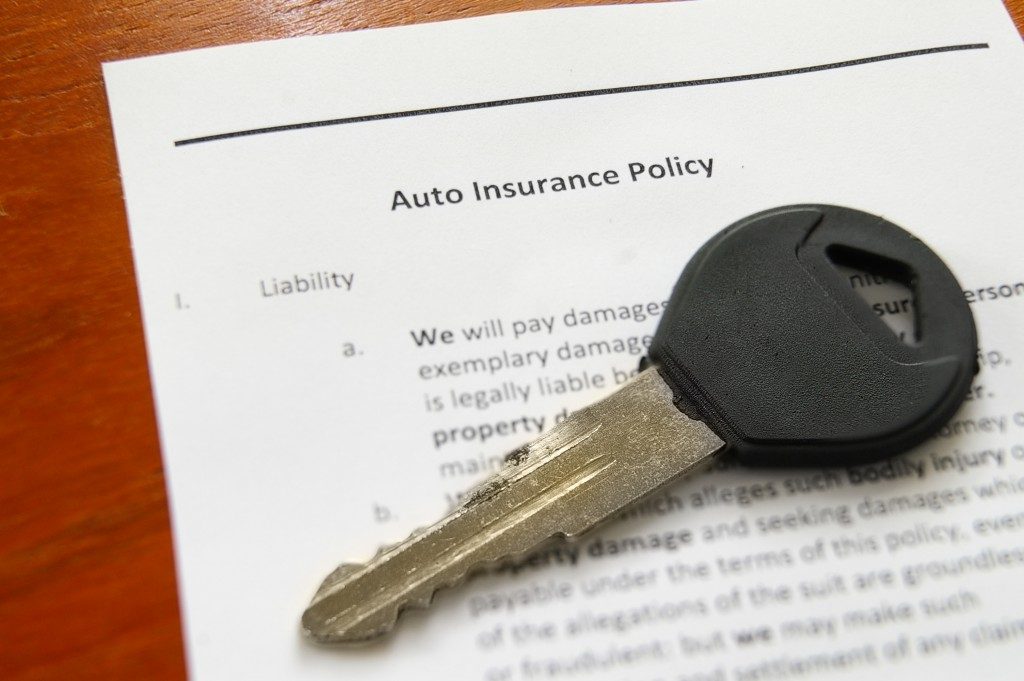Many find it challenging to maintain their cars regularly, while others will also find it tiring to rotate the tires or change the oil after a certain mileage; however, developing that trait is one of the best ways to avoid major repairs. Maintaining your vehicle will prolong its lifespan, especially if you own an old one. In fact, that decision will keep your vehicles in good condition and ensure your safety.
Below are car maintenance tips designed for amateurs. Developing these habits will help keep your engines running as smoothly as possible.
Check on the Cooling Systems
Even if modern vehicles have become more efficient, they’ll still consume a lot of energy during combustion. It comes in the form of heat. Both alloys and metals, the materials used for building a car aren’t compatible with heat. Hence, you’ll always have to ensure that your tank contains an ample amount of coolant since it’ll help with heat dissipation.
Mix a cup of distilled water and of coolant. You should also keep on checking the engine temp gauge on warm days and turn the vehicle off if it reaches the overheating point.
Look For Leaks That Need Repair
You’ll also have to look for signs of leaks on the ground when you pull out of your home’s driveway or stop at a parking lot. If you notice any leaks, you should immediately visit a repair shop that offers Porsche service to have it checked. If you can’t visit the nearest shop, you can check under the hood to smell or see if something is leaking. Be attentive to the antifreeze fluids and engine oils when checking for signs of leaks.
Check on the Belts Regularly
Your car’s rubber belts are the links that keep everything smooth and in good shape. If you notice squealing sounds coming out of the hood, it’s the best time to have them fixed and replaced. You should also look for signs of wear and tear or cracks, even if they can last for years. Bear in mind that if the belts break down while the engine is running, it can seriously damage your car’s engines and expensive engine components.
Replace the Fuel Filter Regularly
Your fuel filter will collect the junk and dirt from the fuel, prohibiting their entry into the combustion chambers. Using a new filter means clean fuel can freely flow to the pump and engine. It also ensures that there’s a minimal buildup inside the engine to reduce its fuel consumption

Try Avoiding Over-Acceleration
Manufacturers design your car’s engines to run at a constant speed, and it’s when they perform the best. Putting too much variation in the tires will take a toll. Driving in the city, where you constantly come to a stop and move, will seriously affect your car’s engines. You shouldn’t be revving too much. Instead, avoid over-accelerating when the area is experiencing heavy traffic.
If possible, stick to the highway because it’ll give you better mileage and keep the car’s engines running for longer.
Replace Wires and Spark Plugs
Your car’s spark plugs spark fires. It ignites the air-fuel solutions in the cylinders, so it’ll require regular maintenance if you want to prolong its overall lifespan. Maintaining your wires and spark plugs regularly will ensure that the engine maintains its ignition. Over time, you won’t have to replace them frequently. Light cleaning will also be helpful since a lot of dust, dirt, and soot gets accumulated around the electrode.
Be Mindful of Indicator Lights
Your “check engine” light is its subtle scream for help. Don’t ignore that light. If you see it’s blinking, immediately call a mechanic to inspect your car. It’s a self-diagnosis button designed to protect your engines. It might not always mean serious problems, but you’ll never know unless you have your car checked.
Be Cautious of the Reserve Fuel
Fuel is rich in sediments that settle at the bottom of the tank. You’ll notice a thick layer after years of running, and it shouldn’t reach the engine. If you keep on using the reserve fuel, it’ll allow these particles to flow into the fuel pumps, resulting in serious wear and tear. Instead of ignoring this problem, fill your tanks. You’ll save yourself thousands on replacing or repairing the pump or filter.
Let Your Vehicles Breathe
Your vehicle’s engine also needs to breathe. Its constricted airflow will not completely burn the fuel. In turn, that reduces mileage and boosts emissions. Make sure to check the air filters regularly and have them replaced or maintained if you notice a lot of debris and dirt. Your engines need to breathe to function efficiently.
Following these tips will keep the engines in good condition. It’ll also save you a lot of money on replacements, maintenance, and repairs. Your car’s engine is one of its most complicated and expensive components. If you maintain it regularly, you can fetch a good resale value if you’re planning to sell it.


